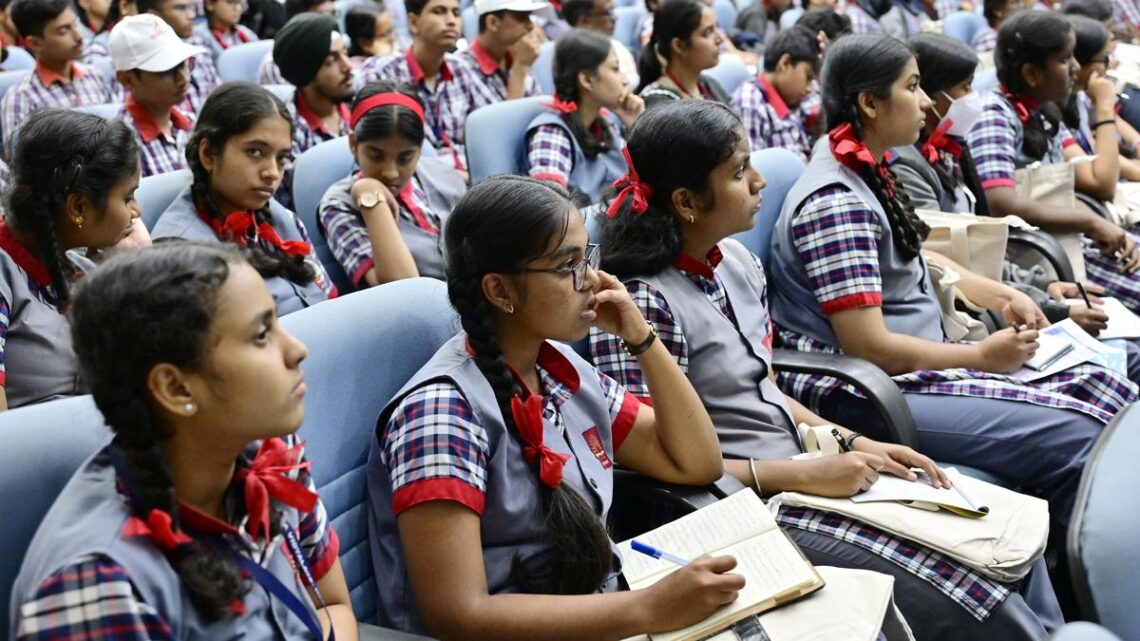This programme was announced in the State Budget of 2024-25, presented by Chief Minister Siddarmaiah, to inculcate values enshrined in the Constitution among children
Updated – July 07, 2024 07:27 pm IST Published – July 07, 2024 12:57 pm IST – Bengaluru
With the stated objective of turning all educational institutions in the State into centres of social harmony, tolerance and scientific temper, the government has ordered implementation of ‘Naavu Manujaru’ programme from this academic year.
Implementation of this programme would involve discussions and dialogues for two hours per week (with three periods of 40 minutes) in all government, aided, and unaided primary and high schools of the State, the order said. One period of value education and two periods of Socially Useful Productive Work (SUPW) have been adjusted to this.
This programme was announced in the State Budget of 2024-25, presented by Chief Minister Siddaramaiah, to inculcate values enshrined in the Constitution among children.
Officers have been advised to provide appropriate guidance regarding the implementation of the programme and appoint nodal officer at the district level, and submit a report to Department of State Educational Research and Training (DSERT), the order said. No special grant will be given for the implementation of the programme.
The Department of School Education and Literacy has released a format for implementation of the programme.
Lessons on harmony
According to the format, discussion should be held on social harmony and its significance, based on local and national festivals, folk games, sports etc.
Discussion on the thoughts of social reformers, visiting and sharing information on outbound/local famous places, cottage industries, discussion on nuclear and non-nuclear families, discussion on elimination of inequality and dialogue on constitutional values like equality, liberty and fraternity, will be the part of the implementation of the programme.
Scientific temper
Creating awareness among children about scientific temper, environmental consciousness, eradication of superstitions and reconciliation of superstitions and science is also part of the programme.
To create awareness about science in everyday life, discussions are to be held on home remedies, experiments conducted using a science laboratory, and efforts made to develop a questioning attitude by designing activities to develop curiosity among the students,
Co-existence
Group activities are to be planned to convey to the students the importance of midday meals, sahabhojana (community lunch), school garden management, indoor and outdoor games and desi sports for everyone to participate in. Awareness is to be created on equal opportunity and its significance.
Speaking to The Hindu, B.B. Cauvery, Commissioner of Public Instruction, said: “DSERT is the implementation authority of this programme aimed to improve the capacity of the students to think independently, rationality and understand the pros and cons of every issue. It will also helpful for the overall development of the students. It will be executed in all schools of the State soon,” she said.

